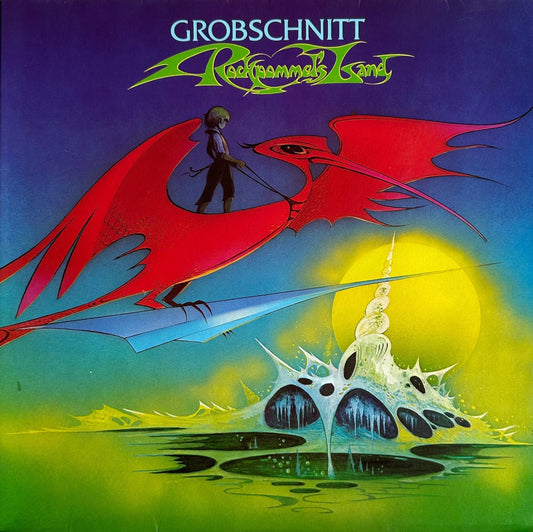“What If Digital Had Never Happened?” writes Steve Guttenberg in the October 2017 issue of Stereophile. It’s a thoughtful, well-written piece. I just wonder why the audiophile community needs another piece glorifying analog recording and playback.
Digital has become the de facto standard for music recording and playback. Get over it. There’s no question that digital recordings can be made to sound bad—as can analog recordings. But do all digital recordings sound bad? Not to my ears—not by a long shot.
Why we must continue to flog the dead horse that is the analog vs. digital debate? Is there a lack of substantive issues to fill the pages of audio magazines? Can’t we just enjoy listening to both types? As a collector of LPs since the early 60s, of CDs since a few years after their introduction, of digital downloads since HDTracks first came online, and now a frequent listener to Tidal, I have had no trouble finding high-quality recordings in all formats and delivery modes. All types of recordings can provide rewarding listening experiences, just as all types can sound like crap, yet I’m puzzled at what seems to be increasingly shrill insistence from certain segments of the audiophile community that only analog recording and playback is worthy of audiophile attention; even claiming that digitally recorded music cannot be pleasant to listen to.
Here’s what I continue to believe: If it sounds good, it is good. You should listen to whatever you enjoy. But please, let others do the same. If you prefer the sound of analog recordings, that’s totally cool. But you’re missing something. Look at the ads for “new” LPs—almost all of them were recorded long ago. I’m not criticizing that music—there were great recordings of great performances made back then. I enjoy it as much as anyone, and listen to it often. But the LP market is virtually (don’t ignore the virtually) all reissues. And then reissues of reissues. How many copies of Sgt Pepper do you really need? If you want to listen to most recordings of music made in the last 30 years, you’re probably going to be listening to a recording with a digital history; probably recorded digitally, then distributed on a physical CD, downloaded, or streamed over the Internet. I’m not talking about new contemporary music, I’m talking about virtually all music recorded in the last 30 years, whether it’s brand new or was written hundreds of years ago. Newer LPs are quite often made from digital masters, and for some reason, are often deemed by gurus to sound better than the same masters reproduced digitally. For an interesting commentary on digitally-mastered LPs, see Brent Butterworth’s excellent SoundStage! article, “Do Digital Masters Ruin Vinyl Records?
Further confounding logic is the notion that reproduced music should come from a physical medium, whether a disk or a disc or a tape; of wanting to feel and touch and maybe even read liner notes about the product from which our music emanates. Some magazine gurus celebrate the touch factor as important to the enjoyment of listening to music. For a slightly handicapped person like me, or one for whom aging has reduced mobility, lengthy playback rituals are a pain (literally); if I have to observe such rituals, it significantly reduces the time I have to listen to music. But if you enjoy it, there’s absolutely nothing wrong with a complex playback process. Neither is there anything whatsoever wrong with enjoying music sourced from digital files, stored on a hard drive or network, and conveniently selected from an iPad. Personally, I’d rather spend my time listening to music than futzing around with an LP or CD, but, hey: it’s your choice.
Here’s the formula that works for me: interesting, well-recorded music + decent playback equipment + a convenient playback process = hours of enjoyment. If I change the formula to read interesting, well-recorded music + decent playback equipment + a longer, inconvenient playback process then that = fewer hours of enjoyment. Your mileage may vary, and that’s completely OK. I just hope we could agree to pursue our own individual routes to musical enjoyment without being bombarded with further claims of superiority for one method or another. Then maybe our debates could focus on something important—like music. Or is that audiophile heresy?
–Although Vade Forrester reviews audio equipment for The Absolute Sound and The SoundStage! Network, the opinions expressed here are strictly his own.


